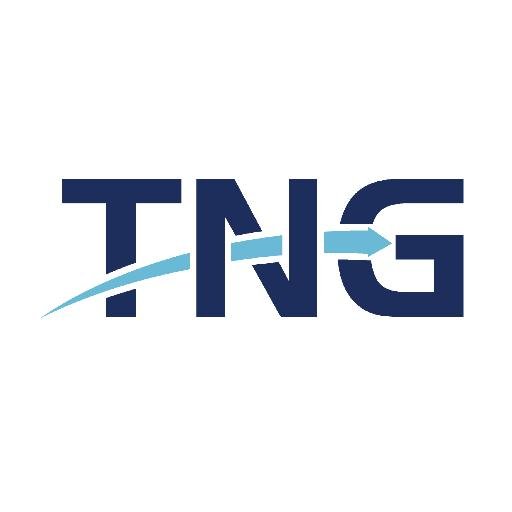 “The newsstand business is going through a difficult transition.”
“The newsstand business is going through a difficult transition.”
That could be the understatement of the decade. And it’s especially telling when it’s uttered by someone whose company just raised rates on newsstand publishers.
According to Tony Silber writing in Forbes, the nation’s largest magazine wholesaler recently raised rates on smaller and midsized magazines “and at around the same time asked some large publishers and retailers to make a major cash investment in the supply chain.”
Silber writes that The News Group (TNG), which controls at least 70% of the wholesale magazine market in the U.S. and Canada moving 1.7 billion magazines annually, is asking publishers to pay more for their services. TNG’s president David Parry told Silber that the price hikes were caused by declining newsstand sales. And he’s apparently refused to say what they planned to use the cash investments for.
“We’re asking retailers and publishers to invest along with us as we work to build a sustainable newsstand distribution system,” says Parry. “The newsstand business is going through a difficult transition.”
As I said earlier – that’s an understatement. But raising rates on publishers isn’t going to solve that. If anything, it’s going to drive more publishers away from the newsstand.
“A source with deep knowledge of the magazine newsstand business, who spoke on the condition of confidentiality, says TNG has been asking for around $25 million,” Silber writes, which the source categorizes as a Band-Aid, not a solution.
Is it possible to fix the broken newsstand model? Yes, there is certainly enough evidence of titles that are flying off retails shelves, like The Magnolia Journal and Pioneer Woman. But these haven’t happened by magic.
As John Harrington said earlier this spring, it will take a commitment on the part of major publishers to restore retail as an important part of their circulation mix, “which will require a resolve and focus they have not demonstrated for a long, long time.”
Resources that could have been used to fix the broken newsstand model have been diverted into digital initiatives that have shown varied amounts of success, as the industry continues to evolve. So I fail to understand how raising the costs for publishers to participate will in any way help turn this around.
Maybe TNG should do a 180 and instead of asking the industry for more, they should figure out a way to make newsstand distribution more economical. Too simplistic, perhaps … but I fail to see how making it even harder to make money on the newsstand will help TNG in the long run.
